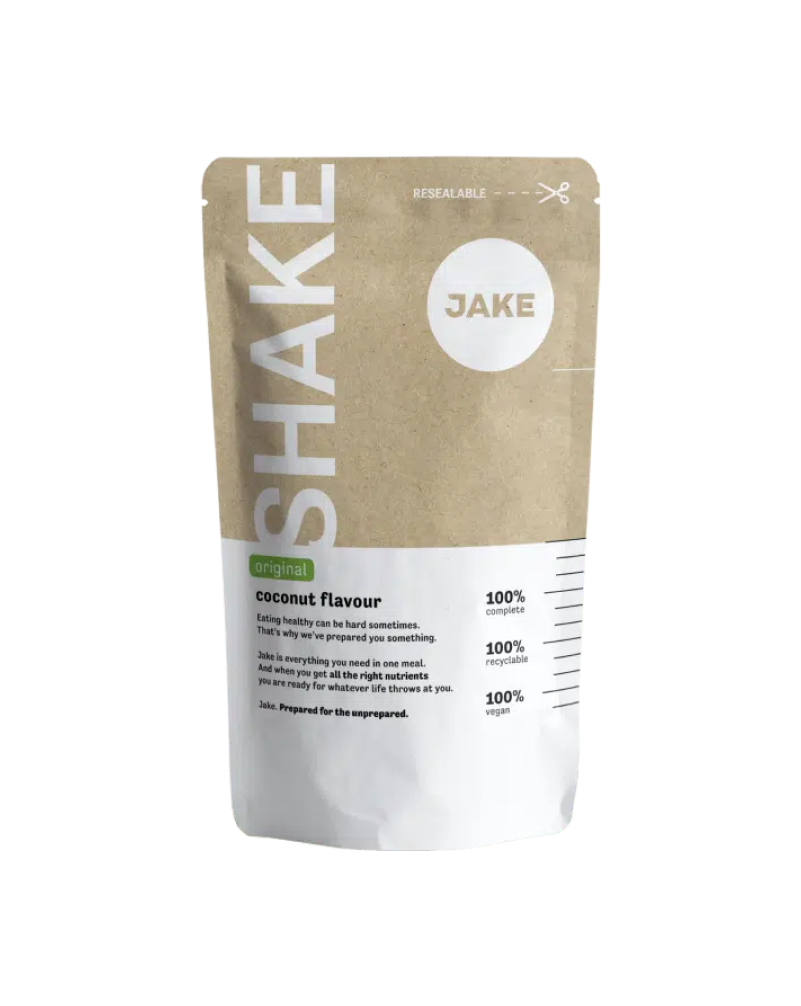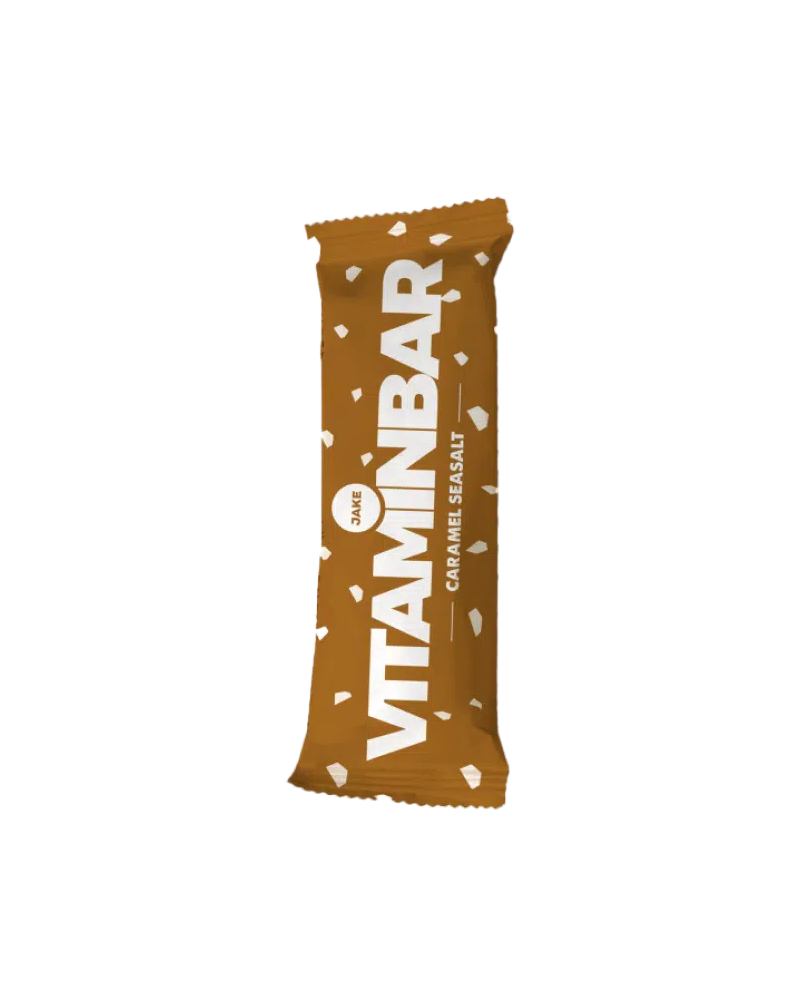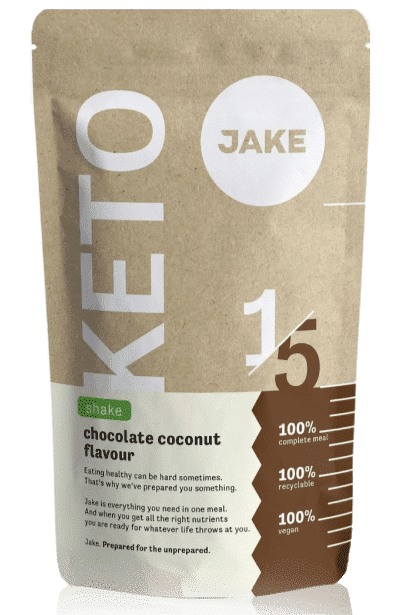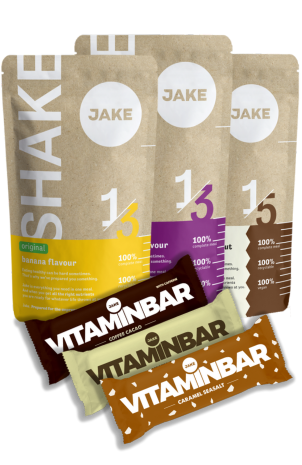Vitamin B1: The Anti-Stress Vitamin
It’s great to feel energised, isn’t it? You probably have your little tricks to give yourself a boost on a tough day, like a chocolate. But did you know that without enough vitamin B1 in your diet, all the chocolate in the world wouldn’t raise your energy levels, or your mood?
The first of the B vitamins is vitamin B1, a key player in energy metabolism. Sometimes called ‘the anti-stress vitamin’, it helps keep you sharp when times are tough. Let’s have a look at what you need to know about vitamin B1.
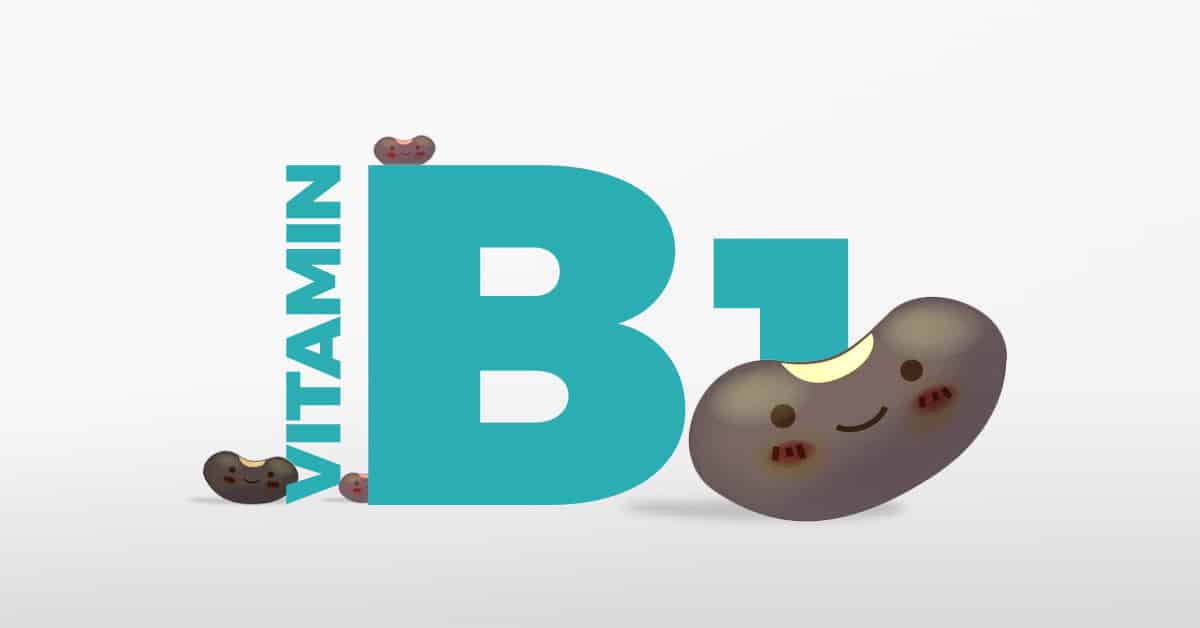
Short on time?
Names: Vitamin B1, thiamine
Best known for: Converting carbohydrates into energy; maintaining the normal function of the nervous system.
Good sources: Most abundant in meat. Other good sources are whole grains, fish and potatoes.
Recommended dietary allowance (RDA): 1.1 mcg/day. No maximum intake levels have been established.
Good to know: Vitamin B1 can help you withstand stress and prevent depression.
Vitamin B1 (thiamine) in Jake:
Jake Light and Original: 33% of RDA
Jake Sports: 25% of RDA
Vitaminbars: 25% of RDA
What is vitamin B1?
Vitamin B1, also known as thiamine, is a water-soluble vitaminVitamins can be fat-soluble and water-soluble. Vitamin B1 is water-soluble. This means it can be dissolved in water and is not stored in the body.. Only very small amounts of vitamin B1 are stored in the liver. That’s why it’s important to obtain a sufficient daily amount from your diet.
Health benefits of vitamin B1
Vitamin B1 is used by almost every cell in the body. Its most important role is energy metabolism, the process of converting your food into energy.
The key roles of vitamin B1 are:
-
- Has a beneficial effect on normal energy-yielding metabolism
- Thiamine contributes to the normal functioning of the heart
- Contributes to brain and nerve functions that are involved in reasoning skills
- Has a positive influence on the functioning of the nervous system
How much vitamin B1 do you need?
A healthy adult man needs 1.1 mcg of vitamin B1 daily. The recommended intake for women is 0.89 mcg per day. These amounts reflect the recommended dietary allowance (RDA) according to the European Food Safety Authority (EFSA). Getting the recommended amounts of vitamin B1 can be as simple as having some oven-baked trout with a side of boiled potatoes for dinner.
When you cook food containing vitamin B1, a lot of it gets lost due to heating, or simply dissolves in the cooking water. To make the most of vitamin B1 in your food, try to steam or microwave it. And if you really must boil, keep the cooking water and make some stock!
Vitamin B1 in foods
Vitamin B1 is primarily found in meat, whole grains and fish. Some dairy products and most fruits also contain small quantities of vitamin B1. As the major sources of vitamin B1 are of animal origin, vegans and vegetarians have to ensure a sufficient intake of plant-based vitamin B1 sources in their diet.
These are the top sources of vitamin B1:
| Food | RDA (%)* | Vitamin B1 (mcg) |
|---|---|---|
| Tenderloin (125 g) | 68% | 0.75 |
| Trout (85 g) | 36% | 0.4 |
| Black beans, boiled (65 g) | 36% | 0.4 |
| Boiled potatoes (200 g) | 15% | 0.16 |
| Whole-wheat bread (1 slice) | 8% | 0.09 |
* Based on the recommended dietary allowance (RDA) established by EFSA for healthy adult men (1.1 mcg/day)
Whole grains are a better source of vitamin B1 than refined grains. The part of the grain that contains vitamin B1 is its outer layer or “peel”. During grain refinement, this layer is removed. As a result, products like white bread and white rice don’t contain vitamin B1 at all.
What if you’re not getting enough vitamin B1?
An insufficient intake of vitamin B1 can have serious consequences for your health. In its early stages, a vitamin B1 deficiency causes weight loss, short-term memory loss, muscle weakness and cardiovascular symptoms, such as an enlarged heart.
In its most severe form, vitamin B1 deficiency can cause beriberi, a potentially fatal disease characterized by peripheral nerve damage and paralysis. Fortunately, nowadays beriberi is rarely observed in developed countries.
Some groups remain at high risk of vitamin B1 deficiency:
- Alcoholics: Ethanol reduces the absorption of vitamin B1 in the gastrointestinal tract and depletes its stores in the liver. A common consequence is the Wernicke-Korsakoff syndrome, which is up to 10 times more common in alcoholics than in the general population.
- The elderly: Vitamin B1 absorption naturally declines with age. The increased likelihood of chronic diseases and use of multiple medications among the elderly also contribute to a higher risk of deficiency.
- People suffering from diabetes and/or HIV/AIDS.
If you have a varied diet and don’t belong to the groups at high risk of vitamin B1 deficiency, it’s unlikely that you’ll suffer from its most severe consequences.
How much vitamin B1 is too much?
Under normal circumstances, there are no negative health effects associated with overconsumption of vitamin B1. Consequently, a maximum intake level has not been establishedA maximum intake level, referred to as a tolerable upper intake limit (UL), is the intake level at which side effects are very unlikely. for vitamin B1.
In case you take much more vitamin B1 than you need, the excess amount will leave your body through the kidneys. The absorption rate of vitamin B1 will also go down.
Take-aways
Your top three things to remember about vitamin B1 are:
- Vitamin B1 plays a key role in energy metabolism.
- The highest amounts of vitamin B1 are found in meat, but you can also cover your dietary needs from whole grains, potatoes or fish.
Afraid to miss out on essential nutrients your body needs? You can always take our Jake meal replacement shakes or one of our delicious meal replacement bars.

